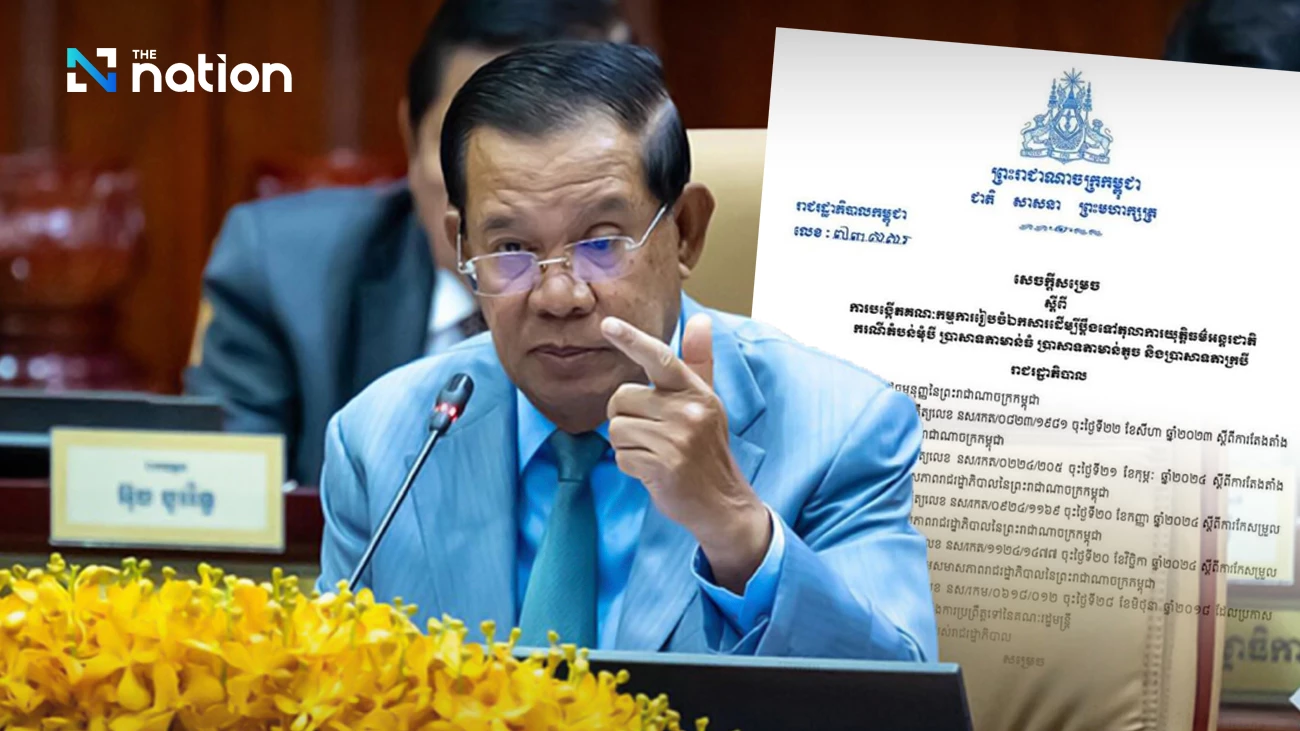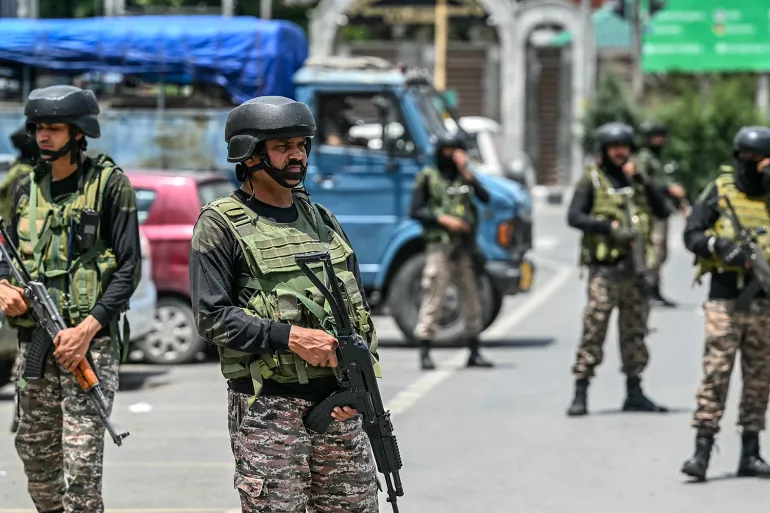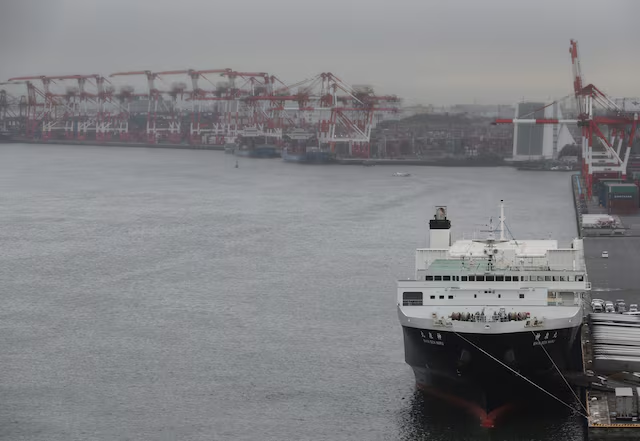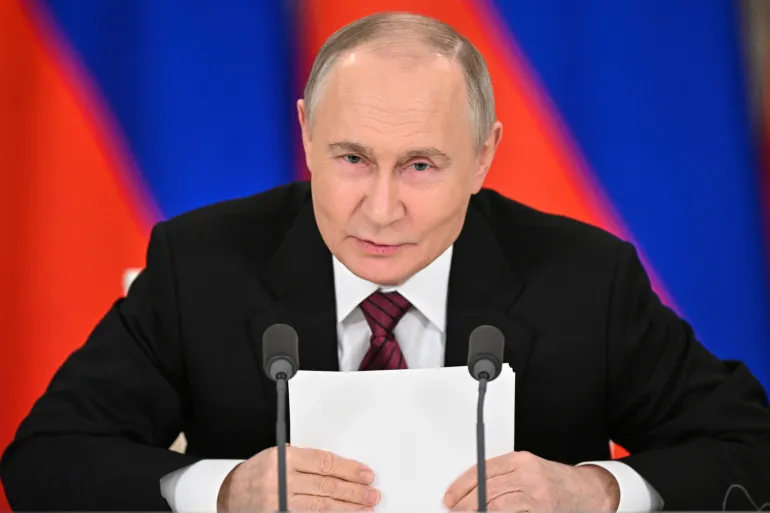Cambodia has officially announced its decision to escalate its longstanding border dispute with Thailand to the International Court of Justice (ICJ), citing unresolved tensions over contested territories near the Preah Vihear Temple. The move marks a significant escalation in diplomatic pressure as both countries continue to clash over the interpretation of border demarcations dating back to colonial-era treaties.
On Wednesday, June 11, 2025, Cambodian officials confirmed that preparations for legal proceedings were underway. Senior government figures, including legal experts and foreign ministry representatives, have been assigned to compile documentation and historical records to present before the ICJ, the United Nations’ highest judicial authority.
Historical Context
At the center of the dispute lies the area surrounding the 11th-century Preah Vihear Temple, a UNESCO World Heritage Site that has been a source of contention for decades. Though the ICJ awarded the temple itself to Cambodia in a 1962 ruling, ambiguity remains regarding the surrounding territory. Thailand maintains that certain sections adjacent to the temple fall within its jurisdiction, based on different cartographic interpretations and historical control.
Periodic clashes between Cambodian and Thai military forces have occurred over the years, with the most serious flare-ups taking place in 2008 and 2011, resulting in casualties on both sides and damage to heritage sites.
In 2013, the ICJ issued a clarification that the promontory on which the temple stands belongs to Cambodia. However, both governments failed to agree on how to implement the decision on the ground. Cambodia now contends that repeated Thai encroachments have left it no choice but to seek further judicial intervention.
Government Statement
Speaking at a press conference in Phnom Penh, a Cambodian government spokesperson said, “Our efforts to resolve this issue through bilateral negotiation have failed to produce lasting solutions. It is our duty to protect our sovereignty and historical heritage through peaceful and legal means.”
Cambodia’s leadership emphasized that its actions are aimed at ensuring regional peace and avoiding further escalation. “We are committed to international law and are seeking a resolution that upholds justice and prevents further military confrontation,” the spokesperson added.
The Cambodian submission to the ICJ will reportedly include evidence such as colonial-era maps, prior court rulings, and satellite data showing alleged Thai encroachments into Cambodian territory.
Thai Response
Thailand has yet to issue an official response to Cambodia’s announcement. However, sources within Thailand’s Ministry of Foreign Affairs suggest the government may oppose the ICJ’s jurisdiction on grounds that the dispute should be resolved through bilateral dialogue.
Thai nationalist groups have previously accused Cambodia of politicizing the issue for domestic gain and warned that internationalizing the matter could damage already fragile relations. Observers anticipate that Bangkok may issue a formal objection to the ICJ if proceedings are launched.
Regional and International Implications
The move comes amid broader geopolitical tensions in Southeast Asia, where disputes over territory, national identity, and historical grievances continue to strain relations between neighbors. Analysts say that while Cambodia’s appeal to the ICJ could stabilize the situation in the long term, it may also inflame nationalist sentiment on both sides in the short term.
ASEAN, the regional bloc to which both countries belong, has not yet commented on the development. However, diplomats are expected to raise the issue at upcoming meetings, particularly given ASEAN’s longstanding emphasis on peaceful conflict resolution.
What Happens Next
The ICJ must first decide whether it has jurisdiction over the matter. If accepted, the court will begin a lengthy process of written and oral submissions, possibly stretching over several years. In the meantime, both countries will likely face increased scrutiny from regional and international observers.
For now, Cambodia’s move to seek legal redress signals its determination to assert sovereignty through peaceful channels. Whether this will lead to a binding resolution or further entrench bilateral tensions remains to be seen.
Source: The Nation Thailand



